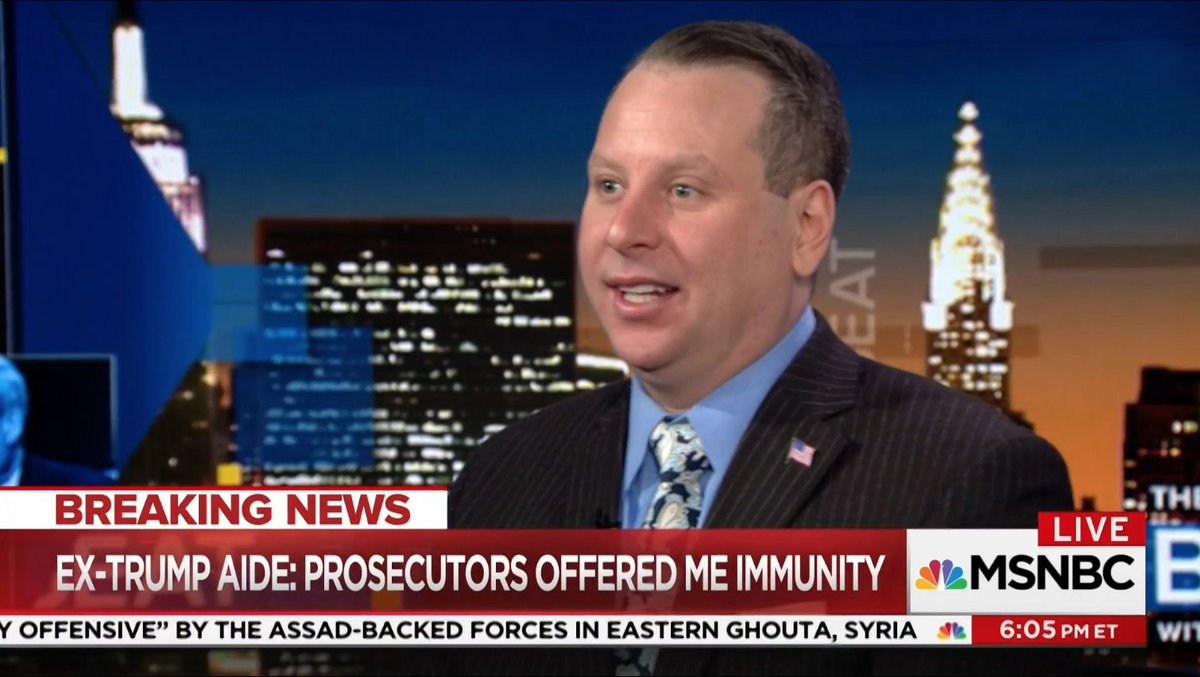[We pause for a short break while I recover.]
Onto para 11: "The issue here is one of overreach: taking an argument that has
worthwhile applications and extending it further than it usefully goes."
No, seriously, come on, you have got to be shitting me.
Taking a break right there.
Yep! Econs try to identify commonalities/stat regularities to understand choices. Simplifying a complex world to understand a part is pretty common in science.
So far, I'm not up with these humanists.
Not even all of the humanities, tbh: the main concern seems to actually be about realist fiction (3 mentions).
roommagazine.com/interview/fant… )
1. culture
2. stories
3. ethics
M&S apparently suggest a solution: econs should broaden their study into "the humanities, particularly realist fiction".
Lofty goal!
Lanchester should be on board right? Wrong. As noted earlier, he says Desai is doing it wrong.
And I discovered Russ Roberts (GMU!) has also written some econ fiction (GMU again!): "The Invisible Heart: An Economic Romance"
But maybe economists don't read novels enough and are missing opportunities to learn from them? Pfui. They're constantly talking what they're reading.
Diane Coyle: enlightenmenteconomics.com/blog/index.php…
Tyler Cowen: marginalrevolution.com/marginalrevolu…
Kadambari Shah: qz.com/1275281/the-mo…
Michael Watts: amazon.com/Literary-Book-…
Oh whoops, except maybe Bob Solow: minneapolisfed.org/publications/t…
To ask the question is to answer it: of course not. Economists, Lanchester's humanist would do well to remember, are people too.
Cents and Sensibility is on my summer reading list.
As is this fun-sounding review I came across while googling: Mary Catherine Harrison, ECONOMICS AND ETHICS IN THE VICTORIAN NOVEL
jstor.org/stable/2388290…
. Weapons of Math Destruction
. Tax, Order & Good Government
. Give&Take @stillots1 (just added a couple of days back)
. Book of Negroes
. Who Fears Death
. A Town Like Alice (again)
Oh, shit, now I'm totes doing what I wasn't at the start - signalling.
Did I learn stuff? Nope. Not even what a humanist is.






